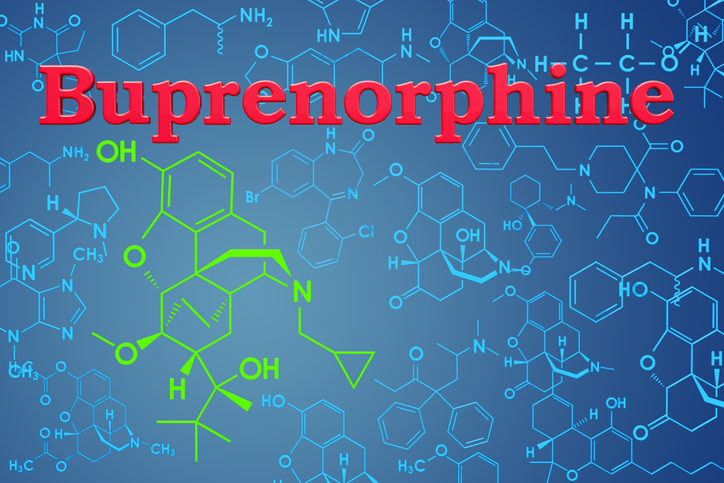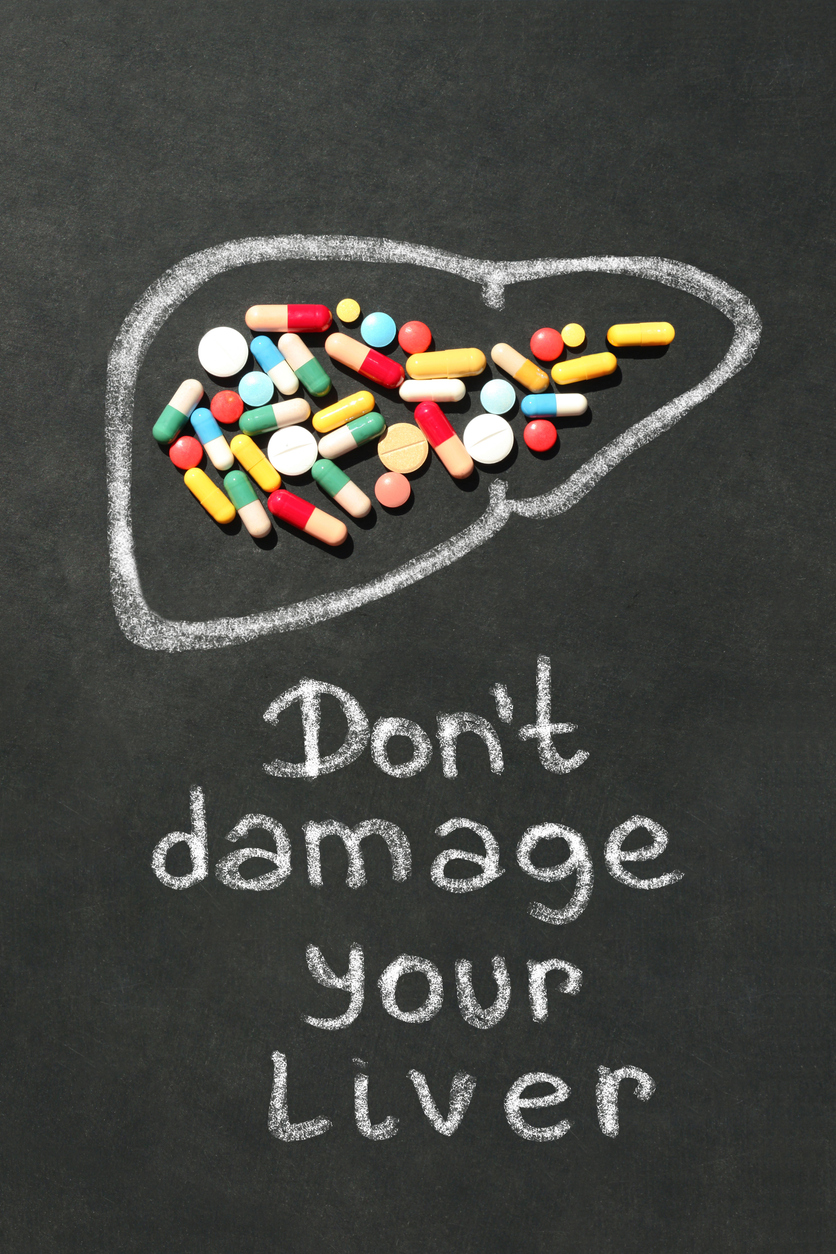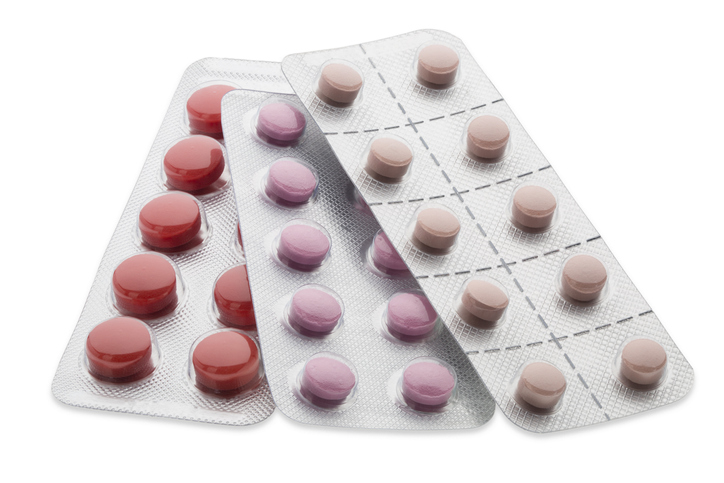Treatments
What Is Drug-Induced Hypersensitivity Syndrome?

Drug-induced hypersensitivity syndrome (DIHS) is a rare systemic autoimmune condition that develops from a severe reaction to a medication. With DIHS, the body’s immune system responds to a medication the way it would respond to an infection. Symptoms typically affect the skin and mucous membranes.
Signs and symptoms
Symptoms of DIHS range from mild to life-threatening and typically appear two to six weeks after starting the causative medication. The most common signs and symptoms of DIHS include the following:
- Skin rash
- Scaly or flaky skin
- Swollen lymph nodes
- Swollen salivary glands
- Dry mouth
- Fever
- Headache
Causes
DIHS is caused by interactions between a medication, the body’s immune system, and viruses present in the body. The exact reasons why these interactions occur is not known. Certain medications are more likely to cause DIHS than others, including certain anticonvulsants, antibiotics, anti-inflammatory medications, antiretrovirals, and the medication allopurinol.
Risk factors
DIHS is a rare condition. However, factors that increase the risk of developing DIHS include the following:
- Certain genetic factors
- Over the age of 20
- Female
- Previous hypersensitivity to medication
- Recent or current viral infection, especially HIV or herpes zoster
- Current illness, such as lupus
- Rheumatic disease
- Frequent antibiotic use
- Use of multiple medications
Additional resources used to create this article include the American Family Physician Journal.
















